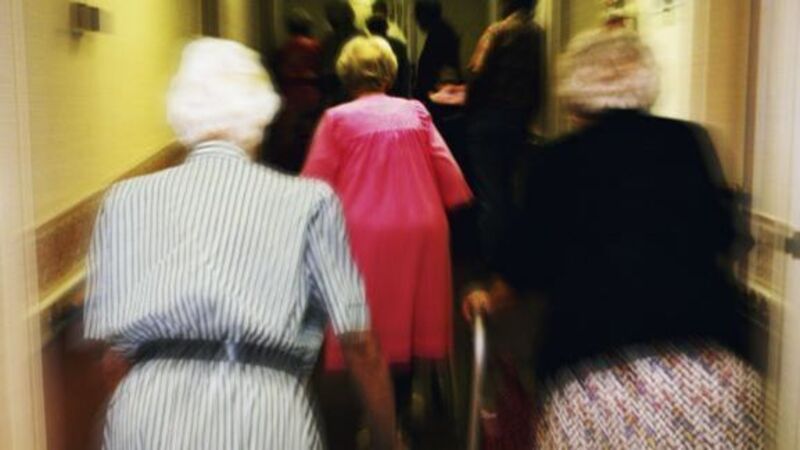Nursing homes exporting their demented problems to hospitals

Admittedly, as they were quick to say to each other as a way of soothing the unfair guilt, she saw one of them every day of the week, and sometimes saw more than one of them, because they had been lucky, when dementia struck her, to find a facility that was near each of their homes.
Not that dementia “struck”. It rarely does. It grew like a weed along the structures of her personality, so that for a long time each of them believed that she was just being difficult, or seeking attention, because she had always been difficult, had always sought attention. It was only when she became unremittingly good-humoured and sweet that they realised something was amiss, because she had never been either of those.















